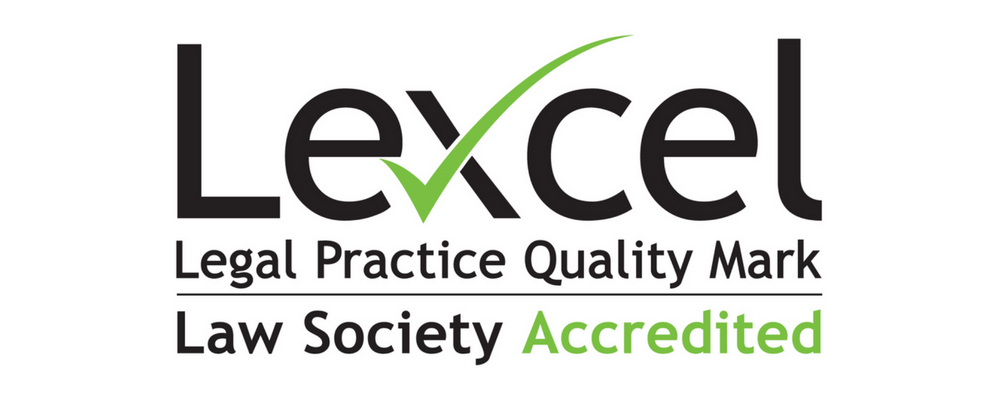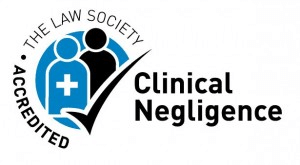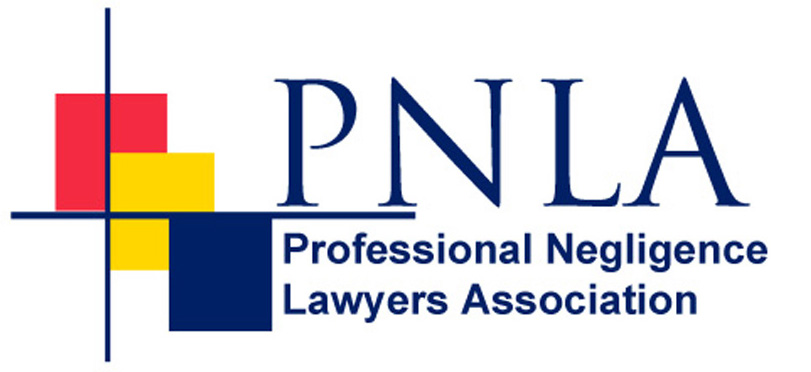Estate Planning Lawyers Essex & North-East London
We are here to help – contact us to discuss what you want to do with your estate.
We offer advice on Preparing a Will, Lasting Powers of Attorney and Trusts.
Don’t leave it until it is too late; approximately 70% of people died without having a will – they have no say as to how their assets are distributed as the Law of Intestacy applies!
Contact us for free, no obligation advice as to what you need.
Free home visit to take instructions from you – in selected areas – if you make a £15 donations to one of our supported Charities
Everyone should have a Will.
Although people are aware that they should have a will, surveys indicate that 70% of the adult population do not have a Will.
You can make a Will at any time in your adult life. However, you should consider making/amending your Will when any of the following apply:-
- Just married or deciding top cohabitate with someone
- When expecting or recently had a baby,
- Wanting to protect a vulnerable family member
- Protect a non-family member
- When buying a house,
- Just divorced,
- When illness strikes or there is a death in the family.
Why do you need a Will?
Without a Will, on your death your assets will be passed to certain beneficiaries prescribed by law; known as the ‘rules of intestacy’. You will have no control over who receives your estate or how it is divided.
A Will gives people peace of mind knowing that they have made it as easy as possible for someone to administer their estate and they have directed their assets to go to who they wish to benefit from them. In addition, they have maximised the inheritance tax reliefs and exemptions, so that your more of your estate goes to loved ones rather than the taxman!
The only way to ensure that your estates go to your intended beneficiaries is to have a Will.
Call us for a free consultation
A Will comes into effect upon your death, a Trust document will often come into effect before your death.
To protect your assets for the benefit of your loved ones a regular review (at least once a year) should be undertaken. Examples of issues to be considered are;
- Care fees charged by Local Authorities; if your assets (including your home) comes to more than £23,250.00, your assets can be used to contribute to your care fees. Provisions can be made which help to reduce to eliminate care fees to be paid.
- Payment of Inheritance Tax; Tax planning during life can help to reduce or eliminate payments to HMRC.
- Capital Gains Tax. If disposals were made in your life that gave rise to Capital Gains Tax liability after the application of various exemptions or relief, a charge to Capital Gains Tax may arise.
- On death, there is no disposal of assets and your assets will be deemed to be acquired by the personal representative for a consideration equal to the assets market value at the date of death. Since there is deemed acquisition but no deemed disposal, no Capital Gains Tax liability arises as a result of death.
When preparing Wills and Trust documents one has to take into account and try and mitigate the effect of legislation that will reduce the size of your estate, as a result of the payment of tax.
If one does not have a Will, Rules of Intestacy apply in accordance with the Administration of Estates Act.
The Rules of Intestacy do not give a spouse an automatic right to all of your estate.
You may wish to make gifts to individuals who are not part of your immediate family or indeed a gift of various different sizes to members of your family.
You may also wish to reduce or exclude the entitlement of an estranged family member.
Famlilies with a disabled loved one who lacks mental capacity, whether an adult or a child – find out how to secure their future.
We can advise on how can you protect them when you are gone.
We can provide the “legal framework”; Wills, Trusts, Deputyship etc. to ensure your assets are protected for the benefit of your loved one.
Call us for a free no obligation consultation.
Does Your Loved One Require a Trust for a Vulnerable Person?
There are circumstances where it is appropriate to set up a Trust for a vulnerable loved such as someone with learning difficulties or some other form of disability mental or physical during your lifetime.
A few of the benefits of a vulnerable person Trust are;
- A Trust will allow relatives such as Grandparents to make gifts to the vulnerable person during their relative’s lifetime.
- The Trust will protect the vulnerable person’s right to welfare benefits.
- Ensure that monies/assets in the Trust are used for the benefit of the vulnerable person.
Call us for no obligation, free telephone discussion to find out how we can help
Click here to read more about Deputyship: Protecting A Vulnerable Person’s Interest
Unforeseen events occur, such as life-changing illness or accident can happen to any of us.
A Lasting Power of Attorney can make life easier for you and your loved ones.
Lasting Power of Attorney is a legal document in which you appoint one or more people to help you make a decision or allows one or more people you nominate to make decisions on your behalf.
A Lasting Power of Attorney gives you the ability to appoint someone to look after your affairs in the event you are unable to do so as a result of an accident or illness.
If you have decided to make a will – it is hard to conceive of circumstances where it would not be sensible to also have a Lasting Power of Attorney.
There’s no need to worry – all our wills are registered and stored with the Probate Service of HM Courts & Tribunals.
Probate service is part of HM Courts and Tribunal Service. Whilst you can if you wish to keep your Will at home or is stored by us, we recommend that the Will is deposited at the Probate Service.
This will make it easy for your dependents in the event of your death finding your Will as they merely have to contact the Probate Service.
As part of our service, we undertake the task of lodging the Will and any accompanying documentation with the Probate Service.
A small fee is charged by the Probate Service for storing the Will.
Deputyships – Court of Protection
If your loved one lacks “mental capacity” therefore cannot look after their own affairs we can advise you how to be appointed a Deputy by the Court of Protection or deal with the process for you.
Examples of individuals who lack “mental capacity” will include people who fall into the following categories;
- They have suffered a serious brain injury.
- They have suffered an illness that adversely affects their ability to make decisions, for example; Dementia.
- They have learning difficulties.
- Our fixed fee telephone advice covers:
How to apply to the Court of Protection to be appointed a Deputy
- You will usually be appointed Deputy with responsibility for the individual’s financial affairs – we offer a monthly fixed fee, bookkeeping/account service which can include preparation of final year’s accounts
- We accept appointments as Professional Deputies; we always limit our annual fee to the sum the Court of Protection believes is reasonable.
Contact us for a free telephone consultation to discuss what you need and our fee – no obligation.
It is estimated that 1.1 million people in this country would benefit from advice as to how to protect their family assets for their loved one who suffers from learning disabilities.
What Stops People from Seeking Advice
Some of the common reasons are;
- Parent(s) are unaware that there are legal mechanisms that can protect family assets for the benefit of their disabled loved one; whether they are a child or an adult.
- The ultimate nightmare for parent(s) is what will happen to their son or daughter when they are no longer able to look after them.
DO NOT MAKE THE MISTAKE OF NOT FINDING OUT WHAT YOU CAN DO TO PROTECT FAMILY ASSETS FOR THE BENEFIT OF YOUR DISABLED LOVED ONE.
- In most circumstances the worst thing you can do is to make an outright gift to the disabled loved one.
- In most circumstances setting up a Trust for the disabled loved one is usually the best course of action.
BUT BEWARE THERE ARE TRUSTS AND THERE ARE TRUSTS!






